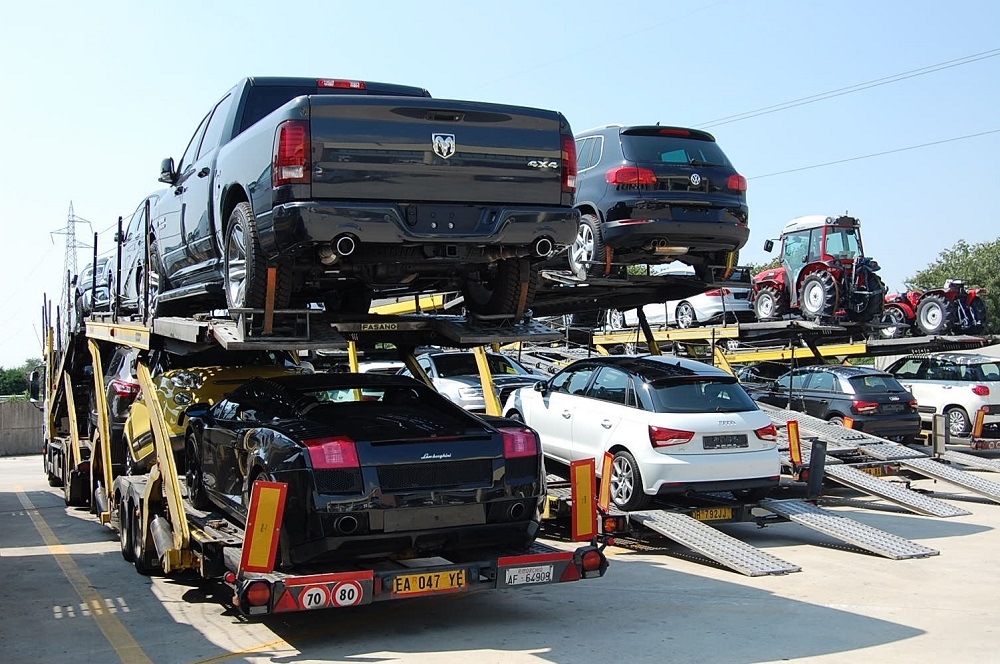Renewable energy: Fashion or pragmatism? Analysis from Baku
Renewable energy in Azerbaijan
Azerbaijan plans to collaborate with Georgia on a green energy corridor project. This initiative involves transporting renewable electricity to European countries via a cable laid on the Black Sea’s seabed.
Recently, Azerbaijan has inaugurated several solar and wind power stations. However, according to Natig Jafarli, an economist and one of the leaders of the opposition party “Republican Alternative,” sometimes decisions in this sector are driven by fashion rather than rationality.
- A prominent Georgian businessman urged the government not to override the veto on the ‘foreign agents’ law
- Taxi fares in Azerbaijan are increasing
- Azerbaijanis return to Karabakh: Who can relocate and how? Answers to 8 questions
The traps of green energy
“The production of renewable electricity worldwide, though crucial, sometimes takes on the form of a fashion. Sometimes, decisions made following this trend are far from an organic and rational approach. There are numerous examples of this in many countries around the world.
The transition to alternative, renewable, and environmentally friendly energy is important, but there are some ‘traps’:
Countries lacking the capability to independently produce equipment for generating solar and wind energy, its components, software, and lacking in human resources, essentially fall into energy dependence. Today, there are countries dependent on oil and gas, but after some time, there will be states dependent on the supply of solar panels, wind turbines, their repair, and software.
In addition, the territories on which solar and wind energy production stations are installed are of great importance. Installing solar panels on lands suitable for agriculture raises serious questions.”
Farmland for solar panels
“Azerbaijan has also joined this fashionable trend, which is rapidly gaining momentum worldwide. The steps taken by the country in this area are pleasing to organizations and countries closely following the development of this direction, and these projects receive all sorts of support.
The participation of our country in this trend is not bad; on the contrary, if the approach is systematic, these projects can create additional economic opportunities for the country. New jobs can be created, local experts and production capacities can emerge. However, for this, decisions must be correct, systematic, and aimed at the future.
Recently, there was information that the government allocated 940 hectares of land in the Jabrayil district, part of the Eastern Zangezur Economic Region, for the construction of a 240 MW solar power station.
In other words, nearly 1,000 hectares of land suitable for agricultural needs will be covered with solar panels.
27 percent of the soil in Azerbaijan is considered saline. To return them to agriculture, tens of billions of dollars are needed, which the country does not have. Along the way from Baku to Gazakh, these saline, unsuitable lands for cultivation stretch for tens of kilometers, creating such an uninteresting landscape that it literally puts drivers and passengers to sleep.”
Why not use unsuitable lands?
“If solar panels will be installed and alternative energy will be produced anyway, why use the arable lands of Karabakh and Eastern Zangazur for this purpose?! They can be installed on tens of thousands of hectares, starting from Baku and extending to Kurdamir and Ujar. This would be close to consumers, and saline lands would be utilized. Wouldn’t that be logical?
In these matters, it is necessary to increase the participation of the population, citizens, to find logical models satisfying everyone. For example, changes need to be made to legislation, speeding up the process of installing solar panels on the roofs of households, private homes, and business premises through interest-free state loans. Thus, citizens can provide themselves with electricity and sell the surplus to the state or electricity grids—technically, this issue is easily resolved.
I repeat: this important issue should not be just a trend; it needs to be turned into a pragmatic, organic, and logical state program. Efforts should be made to increase local production, train local personnel, so that in 10 years, we are not dependent on foreign countries in these matters and do not lag behind modern energy transformations.”
Renewable energy in Azerbaijan




















